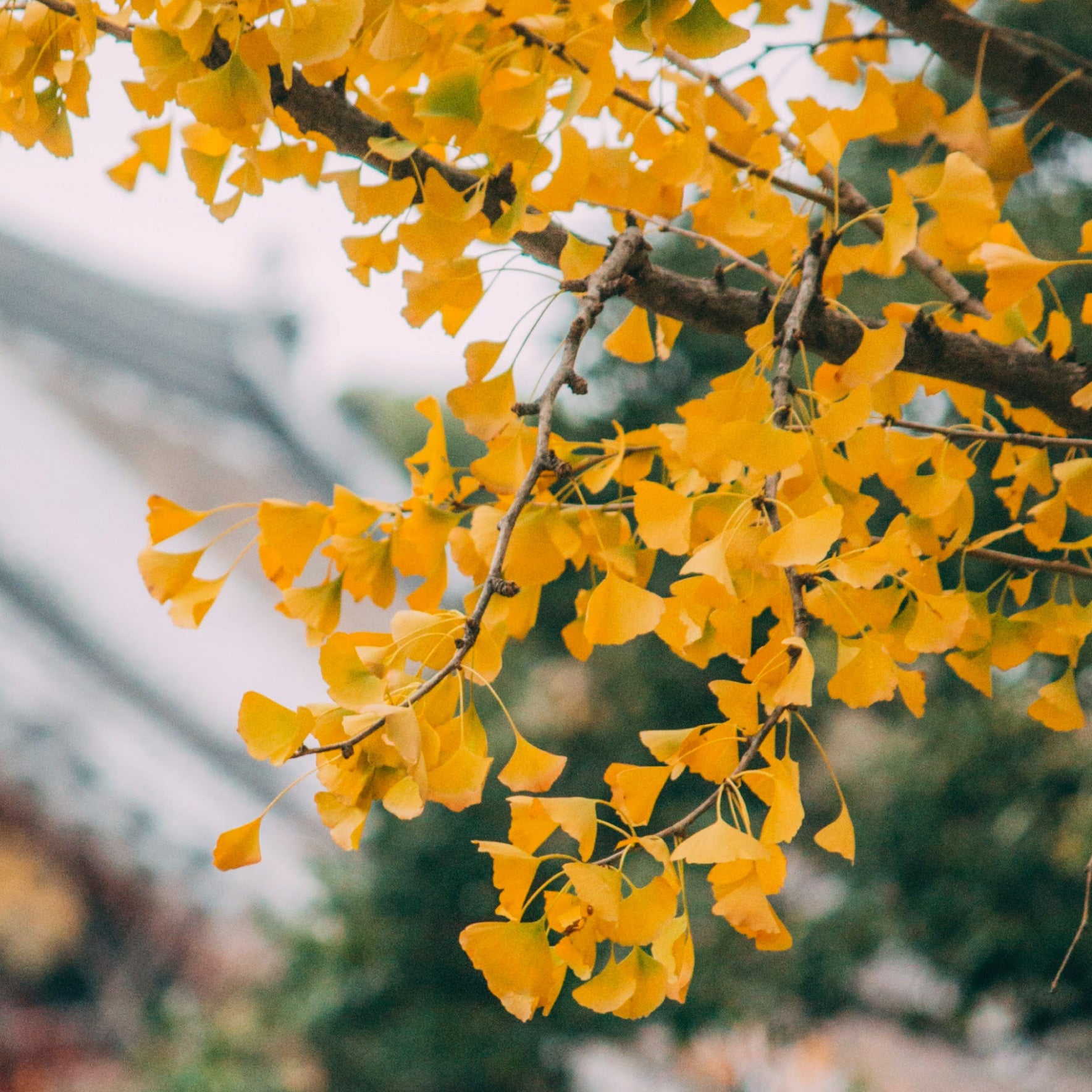
What is mindfulness?
Mindfulness is an awakening. When we are mindful, we are centered, calm, and fully present in that moment of our lives – whether we are meditating or eating or riding a bike.
We may feel a positive energy or a sense of peace. We may also feel connected with the world around us, fully alert to and conscious of the mat we are sitting on, the apple we are eating, the leaves that flutter as we ride past. As we connect with those objects, we connect, too, with the broader world—the workers who made the mat, the soil and sun which nurtured the apple, the wind which circles the world, nudging the branches of every tree.
Why does mindfulness matter?
In recent decades, interest in mindfulness has soared. At least two dozen apps promise to teach some form of mindfulness or meditation, and there are countless books, seminars, podcasts, and retreats dedicated to the topic.
There has also been an explosion of interest in the science of mindfulness. The National Institutes of Health has given hundreds of grants for mindfulness research, and thousands of peer-review papers have been published. Research into and teaching of mindfulness flourishes at leading academic institutions including Brown University, the University of Oxford, Stanford Medicine—and our own host institution, the Harvard T.H. Chan School of Public Health.
Mindfulness beyond oneself
Many apps and courses teach meditation and mindfulness as a way to overcome stress. They can be valuable tools.
But it’s important to remember that mindfulness is not solely about calming your own mind. It’s also about recognizing the nature of the connectedness of everything. It’s about honoring your connection with others and ensuring that each of your decisions and actions are a force for good.
Starting down the path of mindfulness
Mindful living requires no special equipment. It can be done anytime, anywhere. And if you fall away from the practice for a stretch, it is easy to get back into it. A few deep breaths can help you reset, refocus, and recommit.
Let’s explore some simple techniques for mindful living.
What does mindfulness mean to you?
“[Thich Nhat Hanh] has shown us that planetary health is intimately intertwined with individual and collective human health. Hence to improve the former we can improve the latter.”
Christiana Figueres, Global Climate Leader, Former Executive Secretary of the United Nations Framework Convention on Climate Change“Since I was diagnosed with cancer, mindfulness is the source of inner stability and acceptance that helps me to face this challenge with a peaceful and positive mindset.”
Ha Vinh Tho, PhD, founder of the Eurasia Learning Institute for Happiness and Wellbeing“Thay touched my life in the mid-sixties, forever changing the course of my life. Many others have experienced this as well. Now an ancestor, always a deep friend, our gratitude is boundless for his courage and great beauty.”
Rev. Joan Jiko Halifax, Buddhist teacher, Founder and Head Teacher of Upaya Zen Center“Using mindfulness throughout my life has helped me in many ways. I find it helps me feel more grounded and calm throughout the day as well as bringing a sense of joy from being able to do it with my family.”
Lily, upper-elementary school student“Practicing mindfulness has brought a huge sense of both joy and understanding into my life. I struggle with my mental health and I’ve found using some of these practices and teachings help make everything just that bit lighter.”
Molly, age 17Even as they
strike you down
with a mountain of hatred and violence;
even as they step on you and crush you
like a worm,
even as they dismember and disembowel you,
remember, brother,
remember:
man is not our enemy.
We want to hear your story!
Please share your experience with mindfulness.
Resources
Learn more about mindfulness from these resources.
You may also want to explore two of Harvard University’s interdisciplinary initiatives to improve quality of life for all individuals around the globe: the Human Flourishing Program and the Lee Kum Sheung Center for Health and Happiness.

